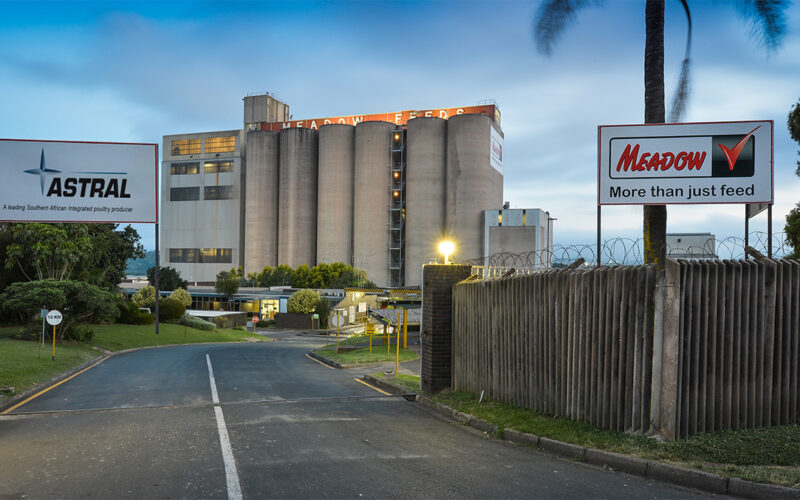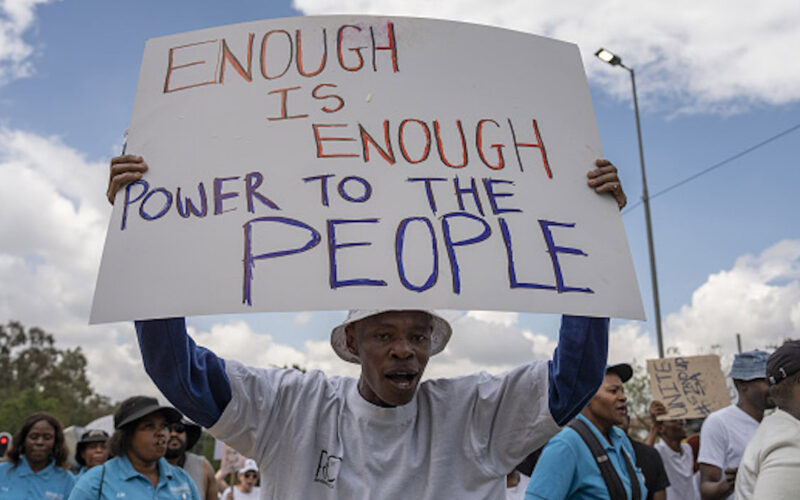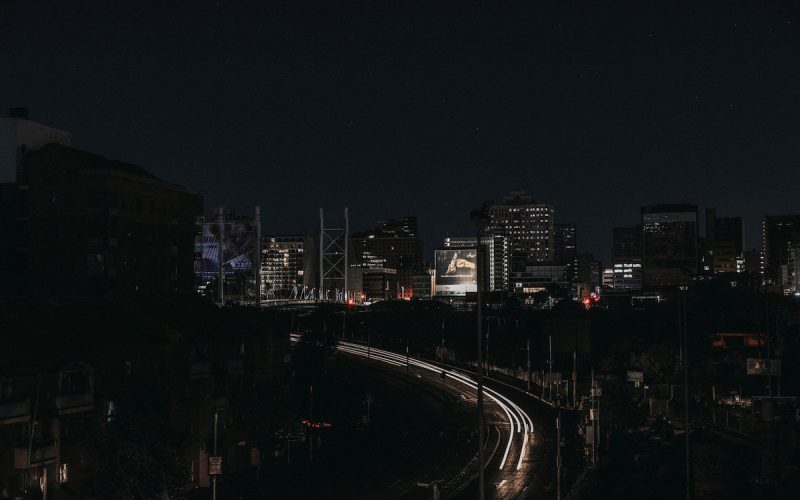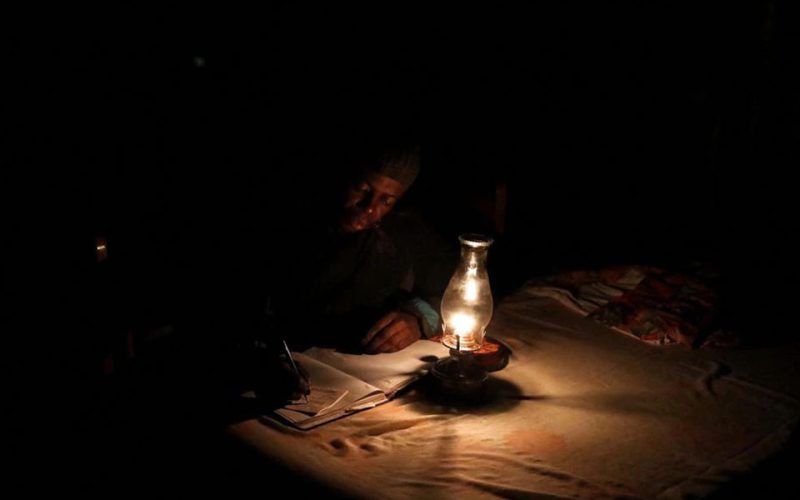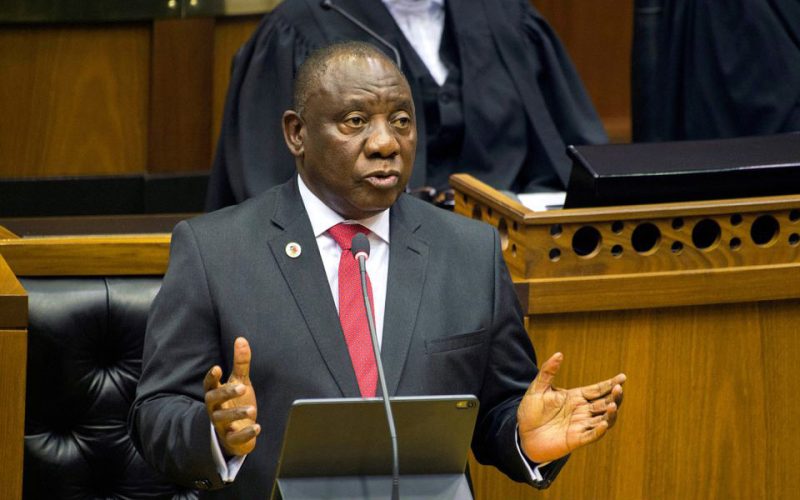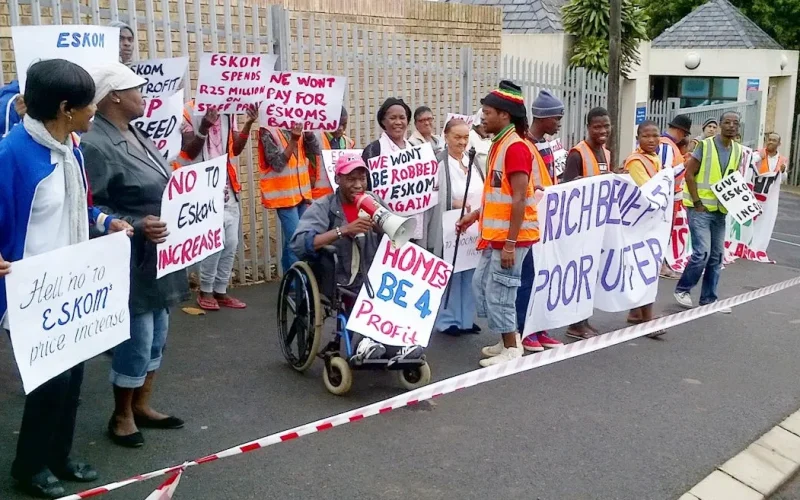
South Africa’s electricity crisis: a series of failures over 30 years have left a dim legacy
IN 1994, apartheid ended and the African National Congress (ANC) won South Africa’s first-ever democratic elections, promising “Electricity for All” as part of its Reconstruction and Development Programme. Back then only 36% of all South Africans had electricity in their homes. The development programme promised to double that number by electrifying an additional 2.5 million homes by 2000. This seemed achievable – during the 1980s, the state-owned power utility Eskom’s build programme was so aggressive it had surplus electricity. Some power stations even had to be mothballed. By 1994, South Africa’s coal industry was generating high-quality coal which was exported…

